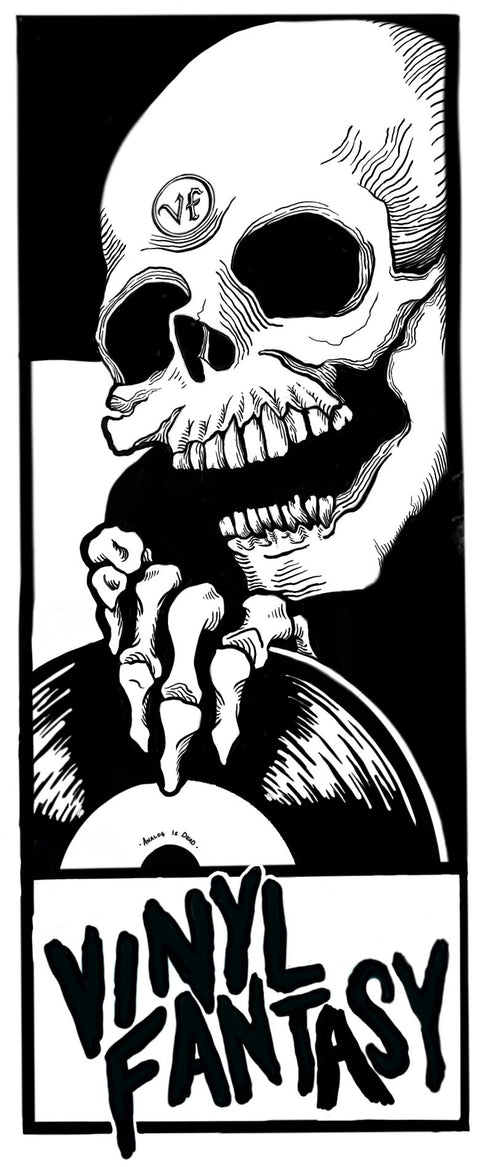Rachika Nayar - Heaven Come Crashing (Metallic Gold Vinyl)
$26.00
Heaven Come Crashing, the sophomore electronic full-length from Brooklyn-based composer and producer Rachika Nayar, finds the protean guitarist and producer leaving behind the ghostly netherworlds of her debut in favor of vivid, fluorescent, cinematic maximalism.
On her debut, Our Hands Against the Dusk, Nayar used her guitar as the primary source for sound design, mutating the instrument beyond recognition through layers of digital processing. Soon after, the album’s companion EP, fragments, demonstrated the types of raw guitar-playing that would be transfigured into those grander compositions—miniature genre sketches that touched upon everything from post-rock to Midwestern emo.
Heaven Come Crashing retains Nayar’s mangled guitar stylings but expands the color palette by looking not so much to the fretboard, as to the dance floor and the silver screen. Influences enter into the frame ranging from 90s trance, to early M83, to Yoko Kanno anime soundtracks. With its M1 piano stabs, supersaws, and glimpses of Amen breaks, the album charts a luminescent space between 5 a.m. warehouse raves and the urban freeways of its cover image—romantic, nocturnal, and reckless in its velocity and emotional abandon.
Regarding this interpretation, Nayar says: “I both love and feel so wary of melodrama, because its inherent nature is to be uncritical. It’s just unabashed emotion taken at face value. And isn’t that so fraught when feelings originate with structures you can’t control, that you maybe even feel at war with?”
Within this conflicted relationship to its own theatrics, the album wages a battle between surrendering to desire and incinerating it. Heaven Come Crashing invites the listener to revel within fantasy, before helping light the match to burn it down—one final embrace in the dream world before it shatters to pieces.
On her debut, Our Hands Against the Dusk, Nayar used her guitar as the primary source for sound design, mutating the instrument beyond recognition through layers of digital processing. Soon after, the album’s companion EP, fragments, demonstrated the types of raw guitar-playing that would be transfigured into those grander compositions—miniature genre sketches that touched upon everything from post-rock to Midwestern emo.
Heaven Come Crashing retains Nayar’s mangled guitar stylings but expands the color palette by looking not so much to the fretboard, as to the dance floor and the silver screen. Influences enter into the frame ranging from 90s trance, to early M83, to Yoko Kanno anime soundtracks. With its M1 piano stabs, supersaws, and glimpses of Amen breaks, the album charts a luminescent space between 5 a.m. warehouse raves and the urban freeways of its cover image—romantic, nocturnal, and reckless in its velocity and emotional abandon.
Regarding this interpretation, Nayar says: “I both love and feel so wary of melodrama, because its inherent nature is to be uncritical. It’s just unabashed emotion taken at face value. And isn’t that so fraught when feelings originate with structures you can’t control, that you maybe even feel at war with?”
Within this conflicted relationship to its own theatrics, the album wages a battle between surrendering to desire and incinerating it. Heaven Come Crashing invites the listener to revel within fantasy, before helping light the match to burn it down—one final embrace in the dream world before it shatters to pieces.



